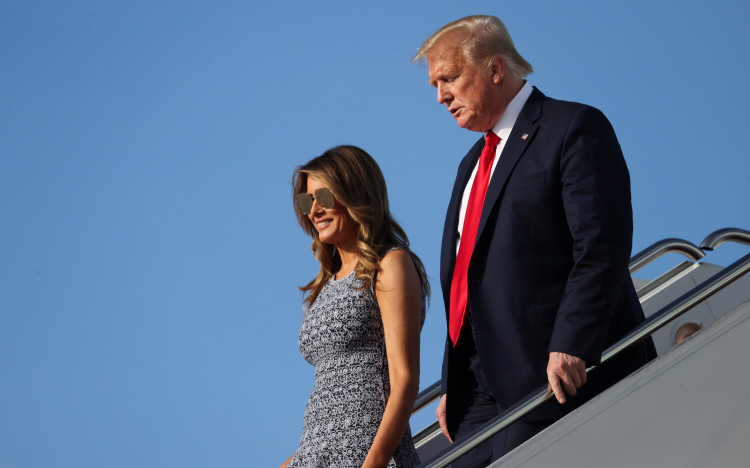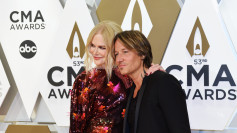President Donald Trump has been known for his fight against illegal immigration in the United States. But as his wife herself, First Lady Melania Trump, is an immigrant, whose immigrant journey remains to be a big question until today, is there "something improper" about how she immigrated in the country?
In the now-controversial book, The Art of Her Deal: The Untold Story of Melania Trump, author Mary Jordan revealed the Presidential couple failed to transparently show the public how Melania Trump came to the U.S. As the FLOTUS, reportedly, obtained Einstein visa in 2001 and eventually became a U.S. citizen in 2006 after she gave birth to their son, Barron, how did she manage to acquire it?
According to Mercury News, in the former TV personality's presidential campaign in 2016, they promised to hold a press conference to show how the businesswoman got a permanent residency and citizenship. However, almost four years have passed; there was no press conference held. They did not even release her immigration records.
In an interview with Michael Wildes, who handles questions about Melania Trump's immigration, Jordan learned that the then-Melania Krauss arrived in New York in August 1996 to pursue her modelling career. After two months, she got an H-1B visa, letting her work in the U.S. for a year. She had a total of five H-1B visas that she used for five years.
In 2001, she obtained the Einstein visa through the elite EB-1 program. At the time, Jordan explained that this visa was only given to one percent of non-U.S. citizens and to those "possessed extraordinary ability," like business executives, Olympic athletes, Oscar-winning actors, and renowned academics. As Melania Trump was only known as a model, Jordan claimed it was not revealed what she wrote on her green card application about her "extraordinary ability" to get this visa.
BBC explained that to have EB-1 for extraordinary ability, the immigrant has to show a major award or even three of 10 criteria to prove that they excel in their field as evidence. They can show coverage about their expertise in a major publication, original and major contribution to their field, and work displayed at art exhibitions.
The government guidance also noted that applicants could use Nobel prizes and international acclaims. But Susan McFadden, a specialist U.S. visa lawyer at the Gudeon and McFadden law firm in London, said that getting Einstein visa was easier in reality. She even got EB-1 visa for people that no one had ever heard of.
She explained that experienced lawyers knew what the U.S. citizenship and immigration service wanted. They only had to bring out the clients' "background things" that would be attractive to the agency to get approval.
McFadden continued that having an EB-1 is "often about defining a field" to prove that the immigrant outstands in her/his field. She revealed that the trick was to "define a field narrow enough to excel in."
In the case of Melania Trump, she never won an award or even had her work covered by prominent publications. Although the public would never know what she gave as evidence until the Trumps showed it, Nita Upadhye, a U.S. immigration specialist at NNU Immigration Law, claimed she might have been "boosted by high-profile testimonial letters" to get an Einstein visa.






